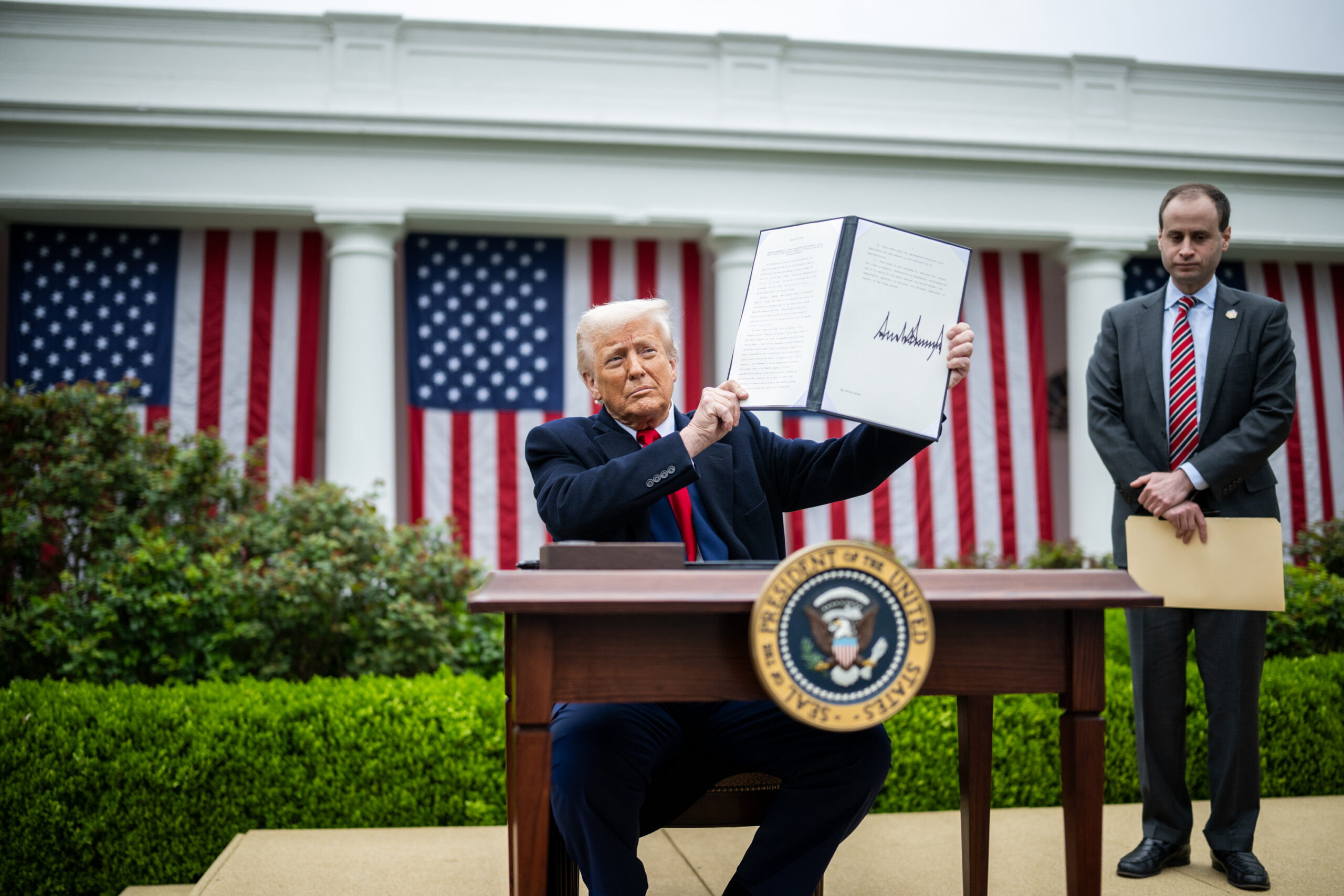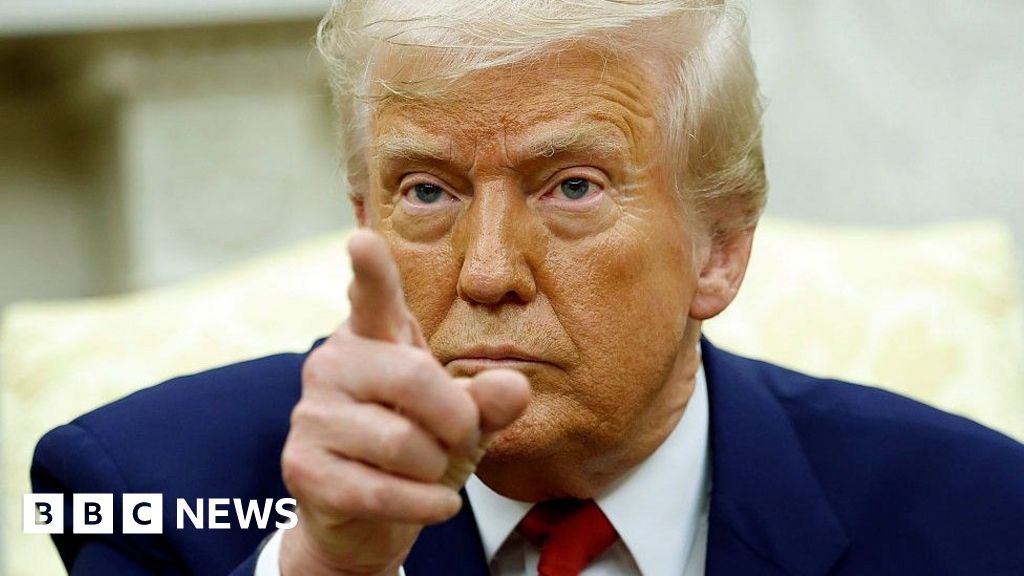Africa Countries Urged To Respond To US Tariffs

The global economic landscape is undergoing a seismic shift, marked by rising protectionism and a retreat from the multilateralism that has defined the post-World War II era. A key catalyst for this transformation is the recent imposition of sweeping tariffs by the United States, a move that has sent shockwaves through international markets and sparked fears of a global trade war. This article delves into the implications of these tariffs, examining their potential impact on various countries, including Nigeria, and exploring possible responses.
The Trump Tariffs: A Bolt from the Blue
In a move that stunned the global community, the United States, under President Trump, implemented a series of tariffs on goods from numerous countries. Described by some as an attempt to make the world pay for its perceived sins against America, these tariffs have been met with widespread criticism and concern. Professor Richard D. Wolff aptly characterized Trump's pronouncements as detached from reality, suggesting that the tariffs are more about self-promotion than genuine economic strategy.
The primary concern lies not only in the faulty economic assumptions underlying these tariffs but also in the arbitrary manner in which they were determined. The approach of halving America's deficit with each country to arrive at the tariff rate is overly simplistic and fails to account for the complexities of the interconnected global economy.
The Inevitable Backlash: A Looming Trade War
The tariffs, intended to protect US domestic industries and consumers, are likely to backfire, leading to higher production costs, increased consumer prices, and inflation. The notion that tariffs can whip everyone into line is flawed because the United States relies on global supply chains for efficient production. Companies like Apple, Boeing, and Nike source parts and assemble products in countries like Vietnam, China, and India, which are among the hardest hit by the tariffs.
History teaches us that tariff wars benefit no one. The Smoot-Hawley Tariff of 1930, which triggered a major trade war and a global depression, serves as a stark reminder of the potential consequences. The current tariffs are already causing market turmoil, with major selloffs and plunging global stocks raising the specter of a recession. The fall of crude oil prices below $60 for the first time since 2021 further exacerbates these fears. Retaliatory tariffs from other countries could ignite a full-blown trade war, with potentially devastating consequences for the global economy.
Nigeria's Predicament: Navigating the New World Order
Nigeria, a significant trading partner of the United States, faces a unique set of challenges in this new environment. With oil exports constituting 90% of its exports to the US, Nigeria is vulnerable to the potential decline in the value of its net exports. The 14% tariff imposed by the US could impact Nigeria's trade balance and foreign exchange earnings, which are crucial for economic stability. The falling oil prices, already below the budget benchmark, raise concerns about Nigeria's ability to fund its budget and may lead to an expanded budget deficit and increased borrowing.
Nigeria has three options: capitulate, negotiate, or retaliate. Given its relatively weak position, retaliatory tariffs are not a viable option. Instead, Nigeria should seek a trade deal with the US, similar to the EU's proposed zero-for-zero tariffs. In the medium term, Nigeria must diversify its trade partners and enter into new trade agreements with other countries and trading blocs.
A Call for Collective Action
Selasi Koffi Ackom, Chief Executive of Ghana International Trade and Finance Conference (GITFiC), has urged African countries to respond collectively under the umbrella of the African Union (AU) to the recent 10 per cent tariff increment imposed by the United States of America (USA). He noted that considering the continent’s diverse economies and the potential for coordinated action through organisations like the African Union, “We believe this decision could greatly enhance Africa’s role in global trade.”
Conclusion: Embracing the New Reality
The world as we knew it has changed. The era of unbridled globalization may be coming to an end, replaced by a more fragmented and protectionist landscape. Every country, including Nigeria, must adapt to this new reality and plan for a world shaped by these changes. While challenges abound, opportunities also exist. By embracing innovation, diversifying trade relationships, and pursuing strategic partnerships, countries can navigate the turbulent waters of the new world order and emerge stronger and more resilient.












